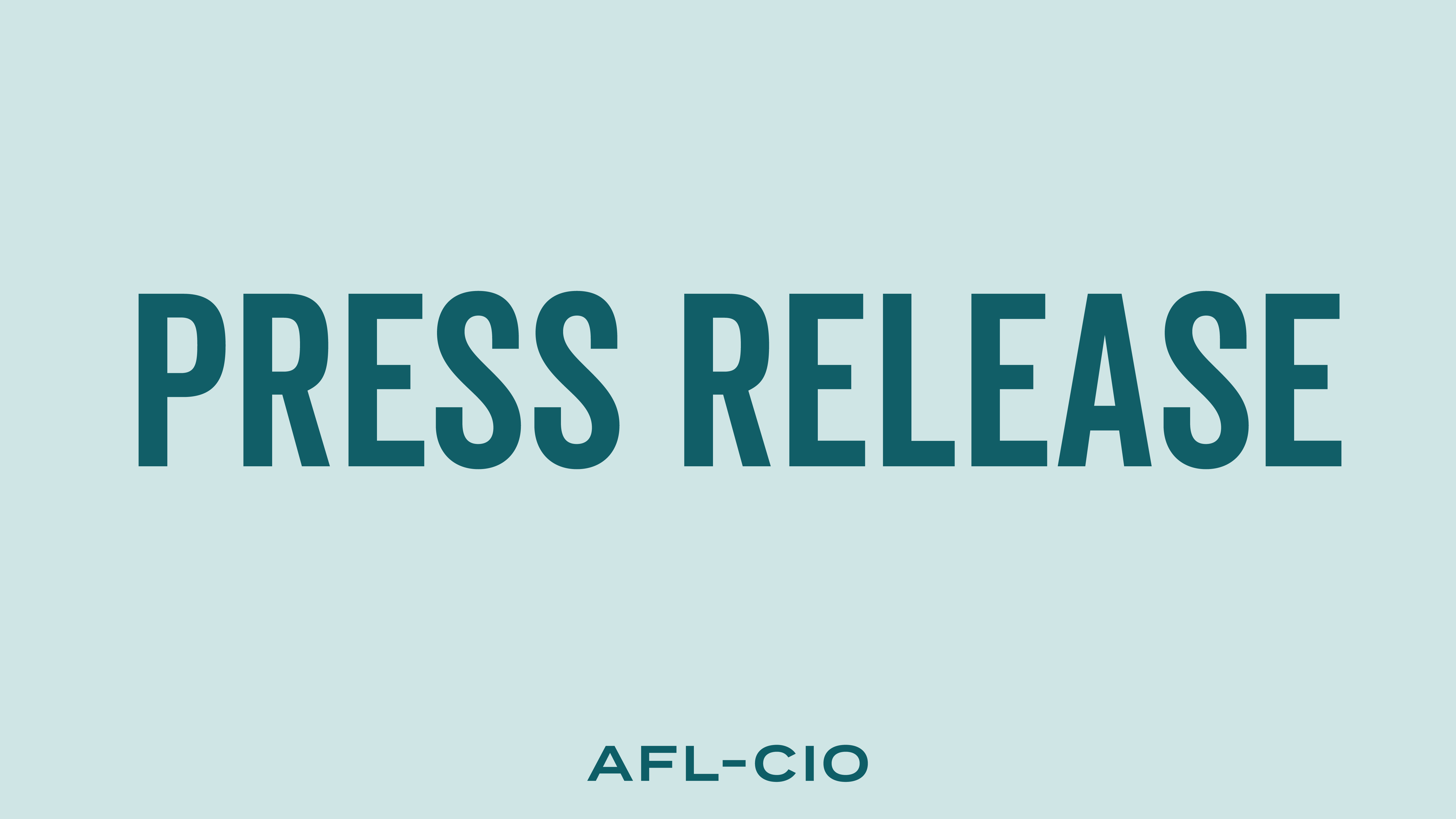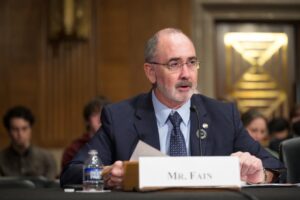Enhancing Climate Resilience of Roads and Bridges Infrastructure
The Facts -
- The FHWA is focusing on reducing transport-related emissions and funding climate-resilient projects for Earth Month 2024.
- Under the Bipartisan Infrastructure Law and the Inflation Reduction Act, the FHWA is providing billions to various entities for climate and sustainability initiatives.
- Recent efforts include the RTEPF Program reducing emissions from idling trucks, the LCTM Program reducing pollution through low-carbon materials, and the Active Transportation Infrastructure Investment Program improving active transport networks.
FHWA Promotes Climate Resilient Infrastructure for Earth Month 2024
In honor of Earth Month 2024, the Federal Highway Administration (FHWA) of the U.S. Department of Transportation aims to foster climate resiliency. The goal is to diminish transport-related emissions, finance resilience projects, and encourage healthier environments.
The transportation sector, a significant contributor to carbon emissions, is now actively working under the Biden Administration to decrease emissions via inventive infrastructure investments. The focus is on making our transportation infrastructure robust against extreme weather threats.
Funds from the Bipartisan Infrastructure Law and Inflation Reduction Act are now empowering states, Tribes, territories, and local governments to initiate projects that lower air pollution and construct resilient infrastructure. Here are some actions by FHWA for climate change mitigation and sustainability:
- The FHWA recently granted $148 million to 16 projects in 11 states and Puerto Rico under the Reduction of Truck Emissions at Port Facilities Program. The goal is to minimize emissions from idling trucks, enhancing air quality for truck drivers, port workers, and neighboring communities.
- In March, The FHWA declared the Low Carbon Transportation Materials Program, allocating $1.2 billion to lessen pollution through lower-embodied carbon materials and products in construction projects.
- The Active Transportation Infrastructure Investment Program was announced to avail $44.5 million for projects that boost safety and improve bicycling, walking, and public transit access. This means fewer and shorter car trips, contributing to cleaner air.
In April, nearly $830 million in grants from the PROTECT Discretionary Grant Program was announced to fortify the transportation infrastructure against natural hazards and extreme weather.
In the coming week, Federal Highway Administrator Bhatt will head to Philadelphia to announce a $14.2 million PROTECT award for rehabilitating two historic bridges. This follows $72.5 million in grant funding announced for projects to increase resilience against flooding and coastal erosion.
These initiatives supplement FHWA's ongoing collaboration with states to access over $27 billion in funding aimed squarely at reducing transport-related air pollution. This includes substantial funds from programs like NEVI, CFI, and the Carbon Reduction Program, and for public transportation and multimodal travel.
---
Read More USA Works News


